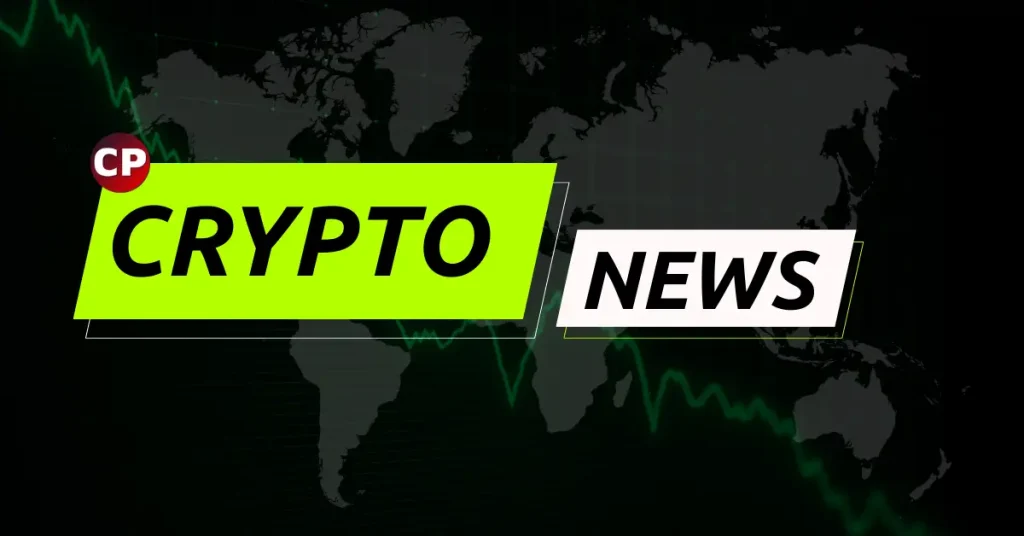ARTICLE AD BOX

- In an interview with CNBC at the World Economic Forum in Davos, Bank of America CEO Brian Moynihan discussed the potential for U.S. banks to adopt digital currencies for payment services.
- Jeremy Allaire, the CEO of Circle, expressed strong support for repealing the SEC Staff Accounting Bulletin 121, a regulation that has hindered banks from offering crypto services.
During the 2025 Annual Meeting of the World Economic Forum (WEF) that commenced on January 20 in Switzerland, the CEO of Bank of America, Brian Moynihan, made headlines by declaring that U.S.-based banks would swiftly embrace cryptocurrency payment services, provided that federal regulators greenlight such moves.
He commented, “If the rules come in and make it a real thing that you can actually do business with, you’ll find that the banking system will come in hard on the transactional side of it.” This optimism showcases a willingness among banks to adapt and innovate alongside emerging technologies.
The Bank of America CEO envisages a future where cryptocurrencies can be used for everyday transactions, akin to established methods such as credit and debit cards. He noted, “If you go down the street here and you go in and buy lunch if you can pay with Visa, Mastercard, a debit card, Apple Pay, etc., this would just be another form of payment.” His confidence is bolstered by the bank’s extensive portfolio of blockchain patents, suggesting that they are not just observing the crypto landscape, they are planning to actively participate.
Anticipation of Executive Orders
Jeremy Allaire, CEO and founder of Circle, echoed the sentiments expressed by Brian Moynihan, highlighting the potential for the Trump administration to soon issue executive orders aimed at removing existing barriers for banks seeking to engage with cryptocurrencies.
Allaire has specifically set his sights on the repeal of the Securities and Exchange Commission’s (SEC) Staff Accounting Bulletin 121. This regulation, which requires banks to classify Bitcoin holdings as liabilities, has served as a significant roadblock, discouraging financial institutions from fully immersing themselves in the digital asset market. “That’s something I think to watch closely in terms of executive orders,” Allaire remarked, clearly eager for a change in the regulatory landscape.
Furthermore, President Trump has consistently voiced his pro-crypto stance, creating a contrast to the restrictive measures taken during Joe Biden’s administration, which saw heightened scrutiny of the cryptocurrency sector. Under the leadership of former SEC Chair Gary Gensler, there were notable lawsuits against crypto companies like Coinbase, Binance, and Ripple Labs, reflecting an environment of skepticism and regulatory challenges.
Trump has voiced plans to establish a national Bitcoin reserve, utilizing over 200,000 BTC currently held by the U.S. government. Meanwhile, advocates within the crypto community are fervently pushing for tax reforms that would alleviate Bitcoin’s classification as property. The current framework complicates its use in everyday transactions due to capital gains tax obligations, which can deter consumers from spending their cryptocurrencies.
.png)
 3 months ago
8
3 months ago
8








 English (US)
English (US)